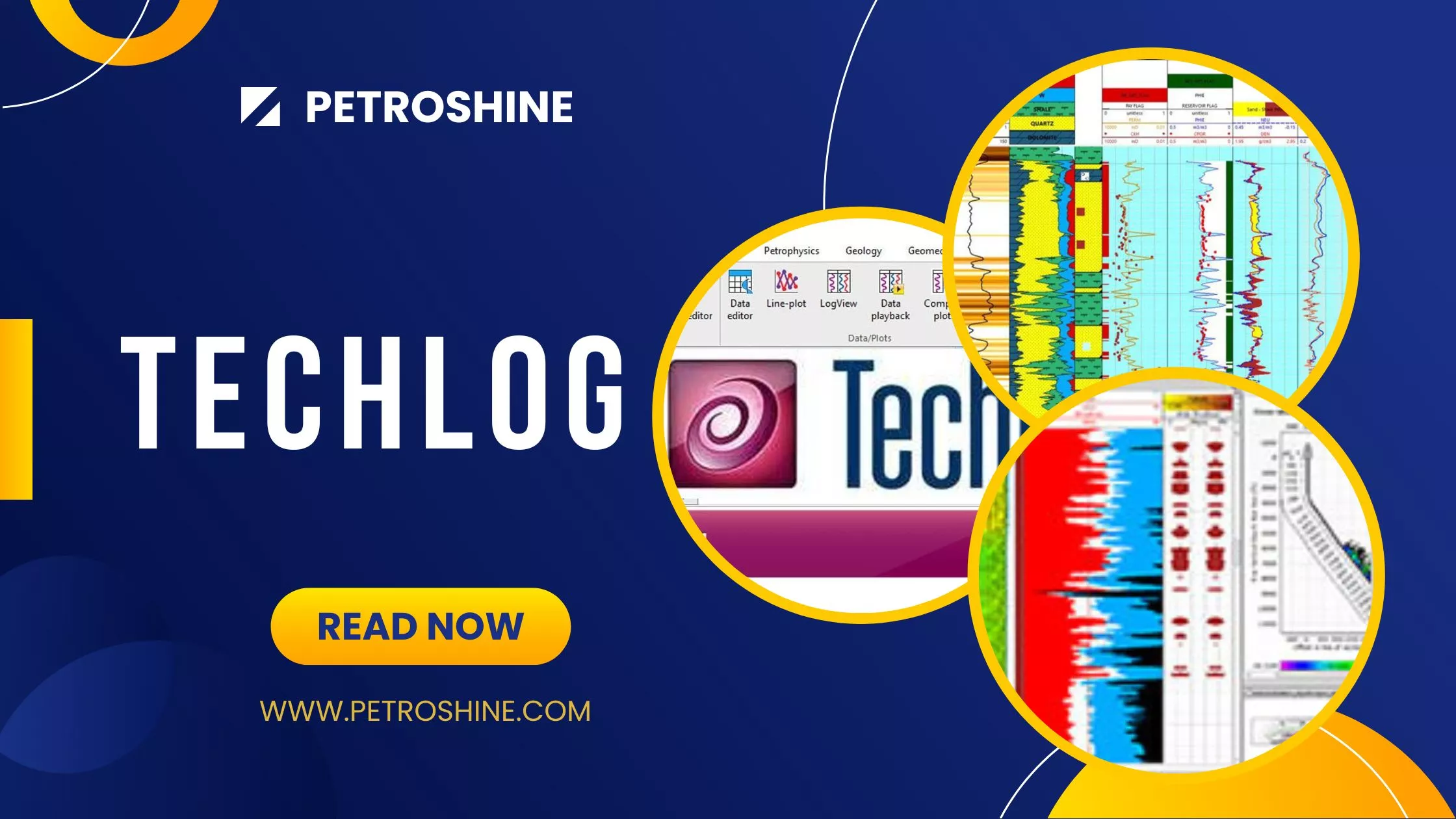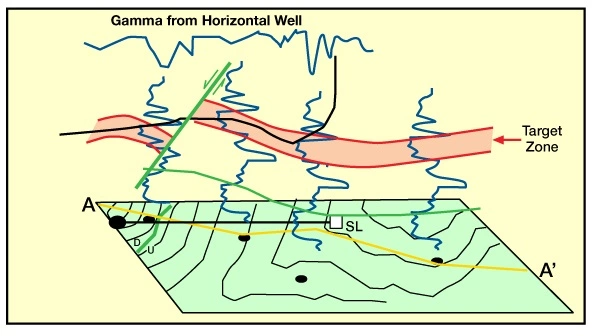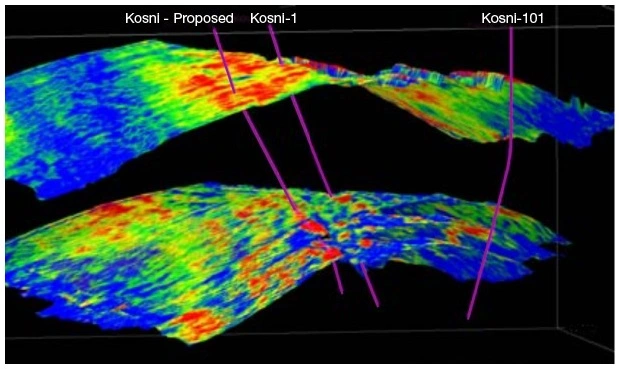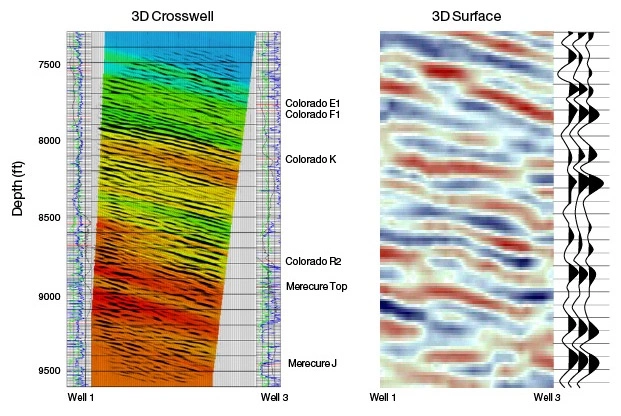The Evolution of the Geophysicist
Geophysicist Skill Sets
Geophysicists usually specialize in one of the three main disciplines: acquisition, processing, or interpretation of seismic data (Figure 1). Often it is best to have knowledge in all three.
The interface between acquisition and processing geophysicists is the newly acquired seismic data, while the interface between processing and interpretation geophysicists is the processed seismic data.

Acquisition
An acquisition geophysicist is responsible for the planning, execution, and oversight of a seismic acquisition project (Figure 2). During the early 1970s, the field geophysicist, who specialized in seismic acquisition, had initial training in electronics and instrumentation. Today many field geophysicists begin their career with a bachelor’s degree in geophysics or geology and spend several years working in the field on seismic crews to gain an in-depth understanding of acquisition operations.
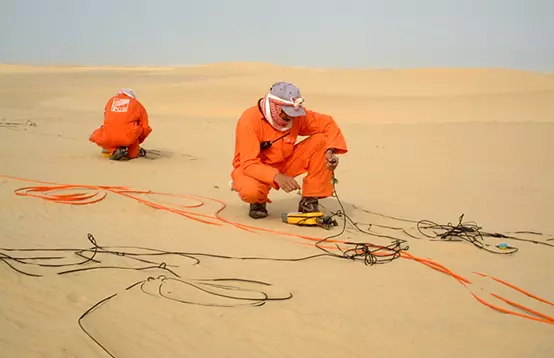
Processing
A processing geophysicist, often known as a data processor, manipulates and reorganizes the immense amount of data from an acquisition job to create an image of the subsurface (Figure 3). Early processing geophysicists had initial training in computer technology. Some were mathematicians and programmers who developed the computer programs, while others prepared the field data for the computer.
Present day processing geophysicists typically have at least a bachelor’s degree in geophysics, geology or a math discipline, undergo extensive company training on data processing software, and typically work under a project leader.

Interpretation
An interpretation geophysicist is often involved with all stages of seismic data including acquisition and processing. After the data has been processed, the interpretation geophysicist establishes a visual picture of the subsurface by interpreting structural features and stratigraphic layers (Figure 4). In the past, interpretive geophysicists had a background in petroleum geology, and typically worked closely with the exploration or development geologists. Present day interpretive geophysicists typically have at least a master’s degree in geophysics; many have a PhD, and have several years’ experience either in the field or in data processing.

 Petro Shine The Place for Oil and Gas Professionals.
Petro Shine The Place for Oil and Gas Professionals.
